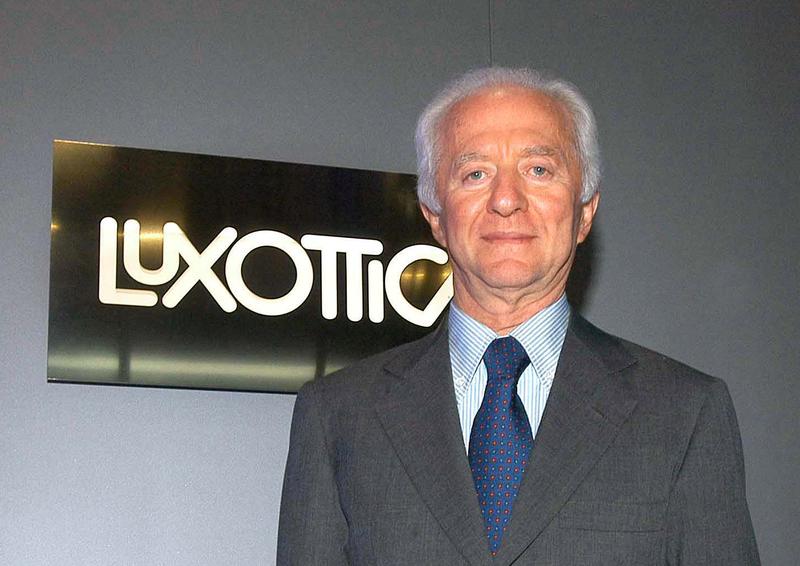
What is an alter ego and why should you care?
It means 'another self' or 'the other I' - Cicero called it "a second self, a trusted friend"
It's Clark Kent without the glasses - Superman.
Entertainers, athletes, and others use this concept (though few admit to it).
It means 'another self' or 'the other I' - Cicero called it "a second self, a trusted friend"
It's Clark Kent without the glasses - Superman.
Entertainers, athletes, and others use this concept (though few admit to it).
They channel it in challenging moments
Beyoncé had Sasha Fierce
"The moment right before, when you're nervous, that other thing takes over. Sasha Fierce appears in my posture. Everything is different.
It's like becoming the character when I do a movie."
Beyoncé had Sasha Fierce
"The moment right before, when you're nervous, that other thing takes over. Sasha Fierce appears in my posture. Everything is different.
It's like becoming the character when I do a movie."
David Bowie created several alter egos, including Ziggy Stardust
“What I did with my Ziggy Stardust was package a totally credible, plastic rock & roll singer. And that was what was needed at the time.”
rollingstone.com/music/music-ne…
“What I did with my Ziggy Stardust was package a totally credible, plastic rock & roll singer. And that was what was needed at the time.”
rollingstone.com/music/music-ne…
Kobe Bryant channeled the Black Mamba after watching Kill Bill:
“I read up on the animal and said, ‘Wow, this is pretty awesome,’ ” Bryant recalled. “This is a perfect description of how I would want my game to be.”
newyorker.com/magazine/2014/…
“I read up on the animal and said, ‘Wow, this is pretty awesome,’ ” Bryant recalled. “This is a perfect description of how I would want my game to be.”
newyorker.com/magazine/2014/…
In his book The Alter Ego Effect @todd_herman explains the "heroic self waiting to get unlocked"
Pick a "field of play" where you're currently not showing up like you could.
Where do fear, doubt, the inner critic, and unhelpful beliefs hold you back?
amazon.com/Alter-Ego-Effe…
Pick a "field of play" where you're currently not showing up like you could.
Where do fear, doubt, the inner critic, and unhelpful beliefs hold you back?
amazon.com/Alter-Ego-Effe…
That's where you channel an alter ego.
The field can be anything - your career, family life, the company you're building, trading, writing, acting..
An important game (to you) in which you'd benefit from "a different version of yourself"
The field can be anything - your career, family life, the company you're building, trading, writing, acting..
An important game (to you) in which you'd benefit from "a different version of yourself"
Ask yourself: what qualities do you admire in people who succeed in that arena?
This depends on you, your game, and what you're looking for.
Could be courage, charm, focus, humor, confidence, discipline, modesty, imagination, wit, persistence, warmth, rationality, affection...
This depends on you, your game, and what you're looking for.
Could be courage, charm, focus, humor, confidence, discipline, modesty, imagination, wit, persistence, warmth, rationality, affection...
Now look for someone - something - that embodies these qualities.
"The best alter ego is the one you have the deepest emotional connection with."
This could be a real person, alive or dead, a fictional character, an animal - what you're looking for is deep emotional resonance.
"The best alter ego is the one you have the deepest emotional connection with."
This could be a real person, alive or dead, a fictional character, an animal - what you're looking for is deep emotional resonance.
I already mentioned some examples and the book has plenty more.
One person channeled their grandmother who lived through WWII, another picked an archetype from his country's ancestry, another chose The Rock's Maui from the movie Moana
One person channeled their grandmother who lived through WWII, another picked an archetype from his country's ancestry, another chose The Rock's Maui from the movie Moana
You flesh out the character with a name, behaviors, an origin story and, importantly, an activating trigger.
Something you can wear, carry, or a location (a stage if you're a performer)
It needs symbolic meaning to you and connect you with the alter ego in the crucial moment.
Something you can wear, carry, or a location (a stage if you're a performer)
It needs symbolic meaning to you and connect you with the alter ego in the crucial moment.
A piece of clothing can channel 'enclothed cognition' - we ascribe meaning to our clothing, our 'uniform' and it can help us perform better.
Churchill would stand in front of his hats, asking "which self should I be today?"
And Paul Tudor Jones had Bruce Willis's lucky sneakers
Churchill would stand in front of his hats, asking "which self should I be today?"
And Paul Tudor Jones had Bruce Willis's lucky sneakers

If you're interested in learning more about the idea I recommend this podcast with the author @todd_herman
"We are judged in our lives by what we do, not by what we think or intend to do."
open.spotify.com/episode/3IULz1…
"We are judged in our lives by what we do, not by what we think or intend to do."
open.spotify.com/episode/3IULz1…
• • •
Missing some Tweet in this thread? You can try to
force a refresh









